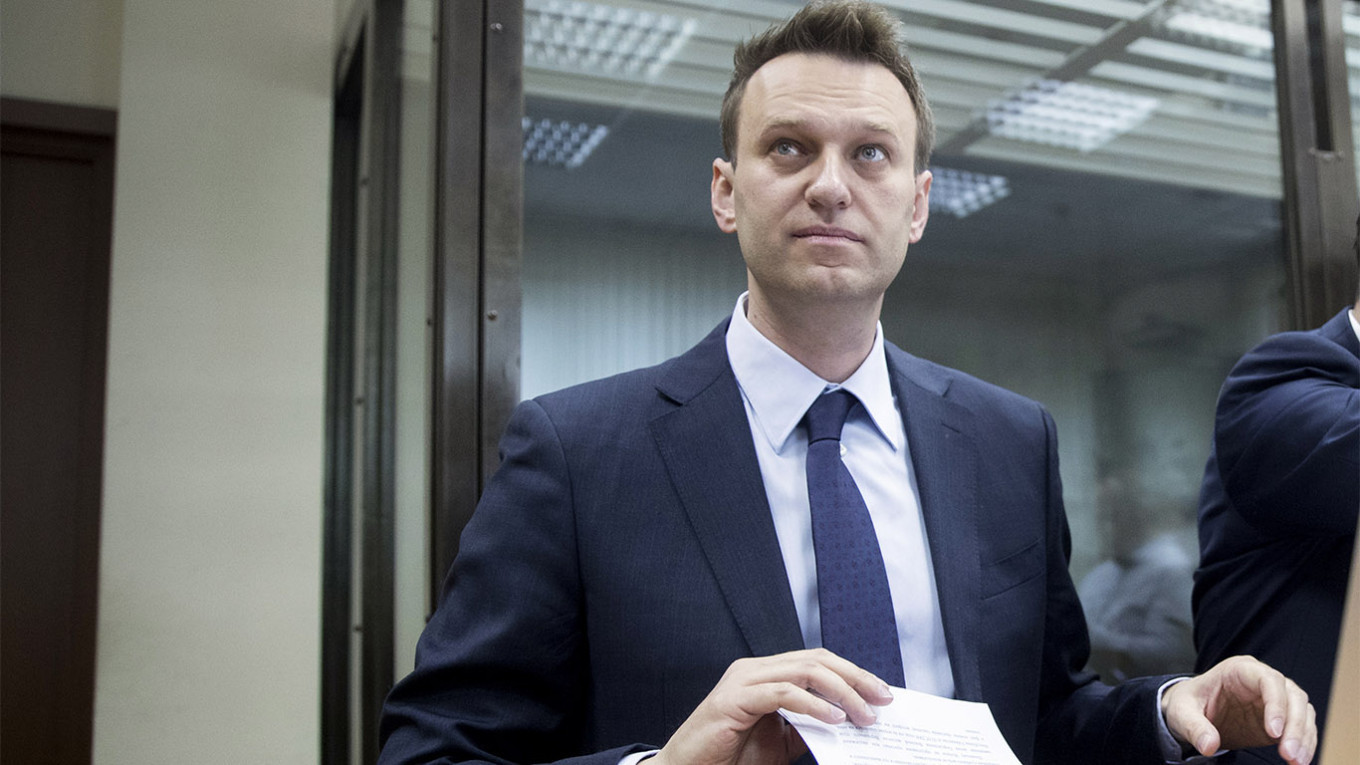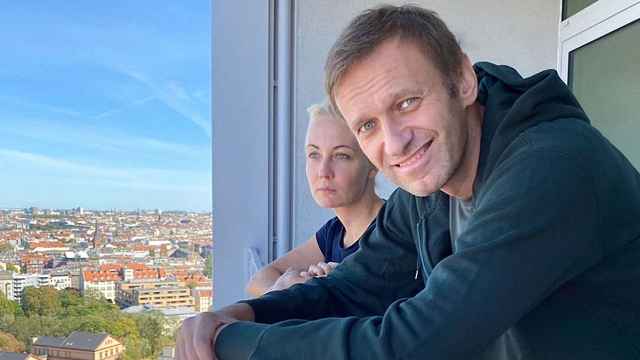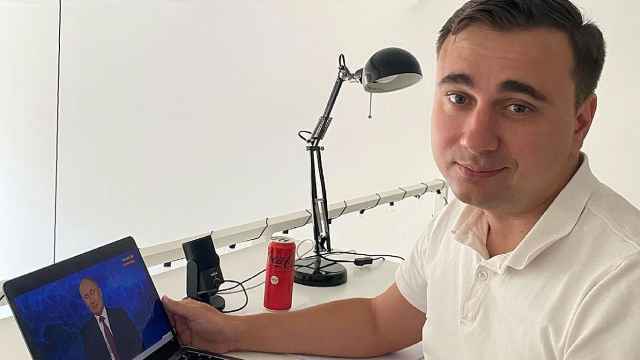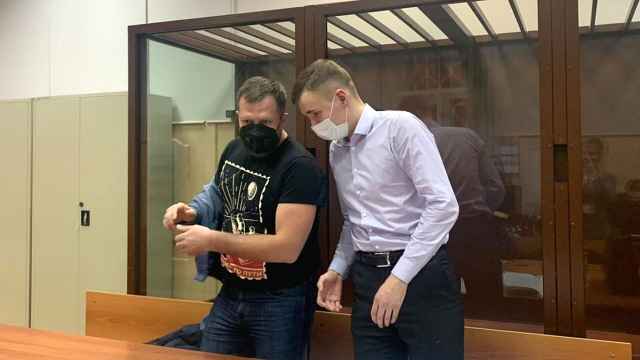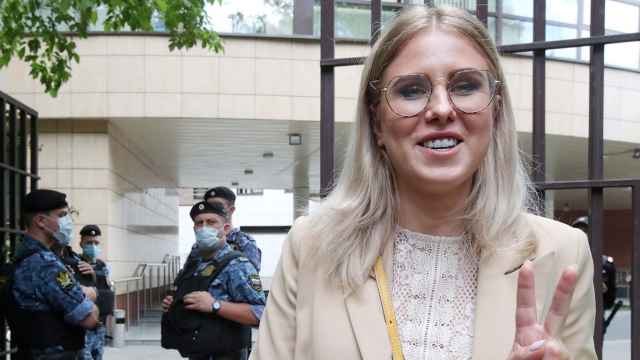Russian prison guards are threatening to force-feed jailed Kremlin critic Alexei Navalny nearly two weeks into his hunger strike, his team said Monday via his official Twitter account.
Navalny, 44, announced he was going on hunger strike on March 31 to demand proper medical treatment for severe back pain and leg numbness. The opposition figure’s lawyers said his condition has since worsened, with the numbness spreading to his hands.
“Seeing the hunger strike’s severity, the administration threatens to force-feed him on a daily basis,” Navalny’s Twitter said.
Meanwhile, Navalny has been moved back to his cell from the prison medical ward, where he was sent with a fever and severe cough that he links to a suspected tuberculosis outbreak among his cellmates. He has been unable to see a doctor since, his team tweeted.
Navalny has lost 8 kilograms since the start of his hunger strike and 15 kilograms since entering the prison colony, his team tweeted.
His heart rate is at 106 beats per minute, higher than the normal human heart of 60 to 90 beats per minute, it added.
Navalny is serving a 2.5-year sentence on old fraud charges in a Vladimir region prison colony that has been described as one of Russia’s harshest.
He was jailed upon returning to Russia from Germany, where he spent months recovering from a near-fatal poisoning with what European experts and the global chemical weapons watchdog determined was the Novichok nerve agent.
Last week, Navalny’s personal doctor Anastasia Vasileyeva was detained outside Prison Colony No. 2 during a rally to demand that he be allowed to see an independent doctor.
A Message from The Moscow Times:
Dear readers,
We are facing unprecedented challenges. Russia's Prosecutor General's Office has designated The Moscow Times as an "undesirable" organization, criminalizing our work and putting our staff at risk of prosecution. This follows our earlier unjust labeling as a "foreign agent."
These actions are direct attempts to silence independent journalism in Russia. The authorities claim our work "discredits the decisions of the Russian leadership." We see things differently: we strive to provide accurate, unbiased reporting on Russia.
We, the journalists of The Moscow Times, refuse to be silenced. But to continue our work, we need your help.
Your support, no matter how small, makes a world of difference. If you can, please support us monthly starting from just $2. It's quick to set up, and every contribution makes a significant impact.
By supporting The Moscow Times, you're defending open, independent journalism in the face of repression. Thank you for standing with us.
Remind me later.


